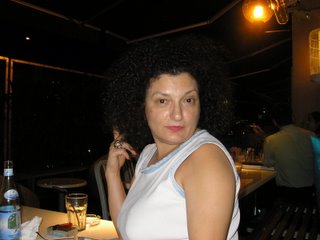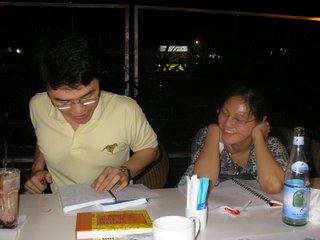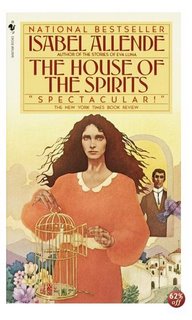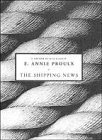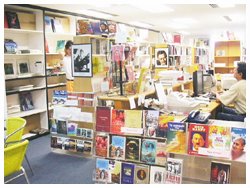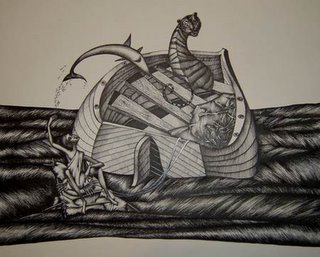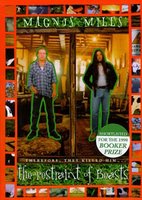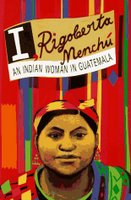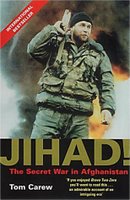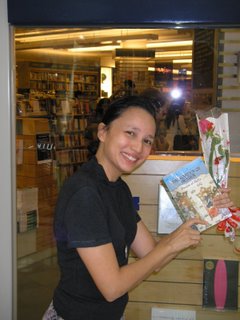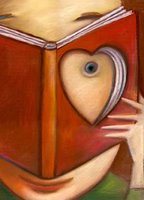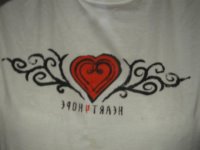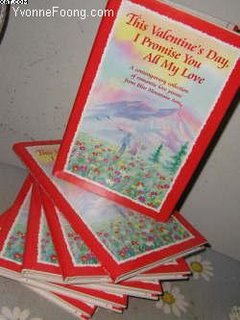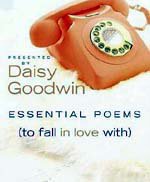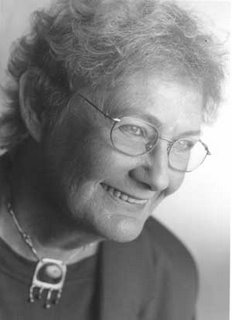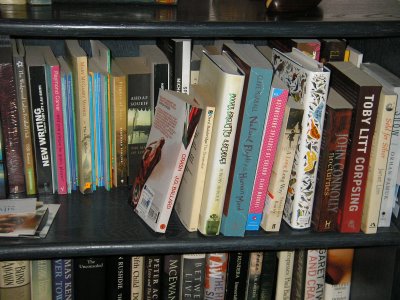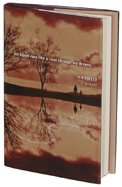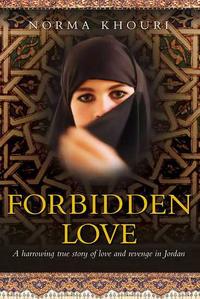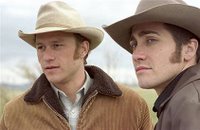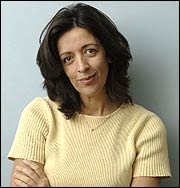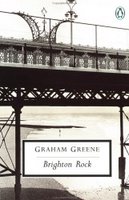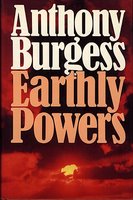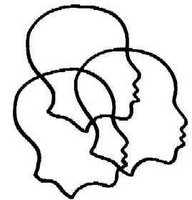More places to buy books, this time for reading on a budget.
Pay Less Books
A few days ago I wrote about
Skoob, which sources its second-hand books from the UK.
Pay Less is the largest chain of second-hand bookstores in Malaysia, and sources books from both Europe and the US.
Interestingly, Pay Less began in West-Africa in 1995 by two Europeans: Dimitri Chaniotis and Elke Wollschon. Its mission statement is
"to provide consumers with quality English books at discounted prices, with superior customer service in a friendly environment." There are several branches around the city:
Ampang Point, Amcorp Mall, Atria Shopping Centre, Carrefour Subang Jaya, Jaya Supermarket, The Summit, Tesco Puchong and IOI Mall, and the chain claims to have 500,000 titles in stock.
I visit Pay Less at the Atria since its just up the road from my house. Of course, there's always something there that I want, and I'm extremely happy to have built up a collection of
Best American Short Stories: the books cost me around RM 12 each. My friend Sandra, member of our book club and mad keen reader, works at The Summit branch - so say hello to her when you drop by.
And no more grumbling about not being able to make it to the Klang Valley to buy books, because you can also
buy online! Pay Less is affiliated to the wonderful
Abebooks (and postage within Malaysia is just a ringgit or two extra.)
Book RentalsToo poor to buy a book, even from Pay Less? Okay, why not rent one instead?
My friends on the other side of the world will be scratching their heads at this point. Rent a house, rent a car, rent office space - yes. But rent
a book??
It's actually a pragmatic solution to a very real problem. Many people can't afford to buy books. We have public libraries here, but they still fall short and aren't always conveniently located.
There are quite a number of little book rental places tucked away around the city, and they seem to come and go. There used to be one in Taman Tun Dr. Ismail that I liked very much since the owner had made the effort to buy in more literary titles, and I was sad when I heard it closed down last year.
City Book Rentals in Lucky Garden, Bangsar (just behing TMC supermarket) has been around for a while and has shelves and shelves of popular fiction (romances, chick lit, thrillers) but certainly enough serious literature to keep the more highbrow reader happy. (The owner clearly had me sussed out the second I walked in and thrust a copy of
Su Tong's most recent novel into my hands - and yes, I was tempted.)
Book rental works like this. Each book has a cover price. For a new paperback novel, this might be RM30. (Scruffier copies go for much less, of course.) This is what you pay to take the book away with you. But if you return the book within a month, you get most of your money back, and so may actually pay just RM4-6 for the pleasure of reading it. If you want to keep the book, you just don't bother about returning it.
No book rental place near you?
Reader's Shack is Malaysia's first online book rental business. You can even
put your own book collection to work by renting books out to others!
Warehouse SalesNot a bookshop, but a phonomena.
Some of the larger bookshop chains shed their excess stocks with annual sales held in a warehouse or other vacant commercial space, and there are some fantastic bargains laid out on tables in acres and acres of space. At the moment
MPH and Times both have their sales on, and I made it to the Times sale yesterday in Atria, PJ.
I hadn't expected it to be so good after reading
Daphne's blog, but actually found it to be the best warehouse book sale yet for me. ('spose it depends on the kind of books you're looking for.) Books were wonderfully cheap: paperbacks for RM 8, hardbacks for RM15-20, coffee table books for around RM25, minature Penguin '60's for RM1. Plenty of recent and critically acclaimed fiction. Best bargains have to be Jeffrey Eugenides
Middlesex and Rohinton Mistry's
Family Matters in hardback, and Jonathan Franzen's
The Corrections in paperback - excellent books for a song.
Marisa and
Starlight were also browsing the books (we'd aranged to meet for lunch) and I kept dropping recommended reads into Starlight's basket with little stabs of guilt that she'd have to pay for them. It was Marisa's second visit and she refused a basket saying she'd be tempted to buy too much if she did. The tactic didn't work - by the end of her browse, she had a huge pile anyway. I got three carrier bags of books for RM160, mostly paperback novels, but a lovely coffee table book featuring Singaporean artists. It's such a great feeling to find books you love at low low prices! I may go back another day for another pile.
SupermarketsI've
mentioned before cheap books, (mostly Penguin titles at RM9.99) in supermarkets. I've seen them in Cold Storage Bangsar and Carrefour Megamall. (Carrefour in Wangsa Maju was
Leon's undoing - remember?) I've heard there's also copies in branches of Tesco.)
Okay then - I've written as much as I can about the cheap sources for reading materials. There are probably lots of other cheap places I haven't heard about, so let us know. (I know someone will say
Chowrasta Market, Penang, again, and I'm longing to go and explore for myself.)
And please don't turn up at my blog again groaning that you can't afford to buy books!
 Want to boost sales of your book? Just look at what a touch of celeb endorsement can do!
Want to boost sales of your book? Just look at what a touch of celeb endorsement can do! Other episodes of the show have apparently seen characters reading classic bunny saga Watership Down and Madelaine L'Engle's A Wrinkle in Time.
Other episodes of the show have apparently seen characters reading classic bunny saga Watership Down and Madelaine L'Engle's A Wrinkle in Time.

